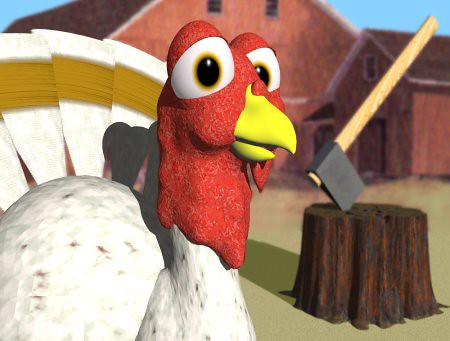
The movie, Let The Right One In, starts with a 12 year old boy named Oskar who looks to be on the path of becoming a serial killer. Oskar is a vulnerable boy and is mercilessly harassed by bullies. Oskar's cereal killer type fantasies come from a desire to get revenge and gain freedom from the bullies. A young girl, Eli, moves into Oskar's apartment complex along with an elderly man. The girl turns out to be a vampire and the elderly man kills people for blood to keep Eli alive. Eli and Oskar become friends and through their relationship Oskar is able to grow and defend himself against the bully. The closer the relationship between Eli and Oskar becomes the more healthier Oskar seems to get. The old man get's caught. Eli kills the bullies and Oskar takes on the new role that was left void by the old man's death.
The movie is not scary, as in I didn't have a fight or flight reaction when watching it. There was some gruesome scenes but this is not the true source of the horror in the movie. The horror came 5 minutes after the show ended when something was nagging at me. After getting emotional connected to Oskar and Eli's relationship and even cheering them on, the horror then came with the realization that the movie was about pedophilia. The movie is told from the perspective of a sex offender and how the offender rationalizes the process of grooming a victim. The horror comes from the moral level of cheering on a sex offender.
Vampire movies are about sex. The Vampire's taking of blood symbolizes the lust of making someone a piece of meat for ones own desires. The tension always comes with how this is violently opposed to how Christ, gave his blood, by laying down his life for his bride the Church. From the view of a sex offender everything that is done is good for the victim. Oskar was vulnerable and really had no one he felt he could turn to until Eli came and used this vulnerability to groom Oskar to be a victim. It was Oskar who let Eli in, yes he was open to it, but to truly believe this you have to rationalize and ignore what Eli did to groom Oskar to get to that point. This is what a pedophile and sex offenders do. At the end of the movie there is a quasi-baptism scene. Oskar is held under water at a swimming pool by a bully and is about to die. Eli then comes to be the savior and kills the bullies and brings forth Oskar to a new life.
The point of view of the movie is that of a pedophile and as such the movie is sick.
There are some things that can be learned about sex offenders from the movie that can be used to protect children.
1. Looks are deceiving. Eli looks like an innocent 12 year old girl. The reality is that she was hundreds of years old and that her motives were anything but innocent. Sex offenders like religion because they can use it to easily gain trust to gain access to children. Anything that has power for good has the power for evil. That is why, as someone once said, the corruption of the best is the worst. We need to be aware that there will always be a Judas in the Church.
2. The process of grooming a victim. Sex offenders spend a lot of time fantasizing about how they are going to perpetrate. Sex offenders are very good at manipulation and they know how to use people's weaknesses to get what they want. An analogy of how it works it that they hand the victim a hand grenade and pull the pin. This puts all the pressure off the perp and onto the victim. The victim and the sex offender know that no matter where the victim throws the grenade that the truth is going to hurt someone. As parents we need to make sure that our children are supported and love so they are not as vulnerable to sex offenders. As parents we need to make sure we let our children know that it is ok for them to tell us anything and that we can handle it and take care of it. If we do have reason to believe that a child is being abused we need to contact law enforcement or child protective services.
3. Sexual perpetration is repetitive. The movie shows how Eli got ride of the old man. The old mad poured acid on his face when he got caught so no one would know who he was to protect things from getting back to Eli. Eli went to the old mans window at the hospital. The old man willingly came to the window for Eli to drink his blood. She then disposed of him by throwing him out the window to his death. The movie gives clues that this process had happened repeatedly in the past. It is possible for sex offenders to stop but they will always have a strong temptation to do it again. The temptation will not go away in this life time and because of this perps should never have any access to children. It also means that if one victim is found that it is highly likely that there are a lot more.
If your are wondering why I know so much about sexual assault the reason is that I'm a social worker and I have conducted sexual assault investigations.



















